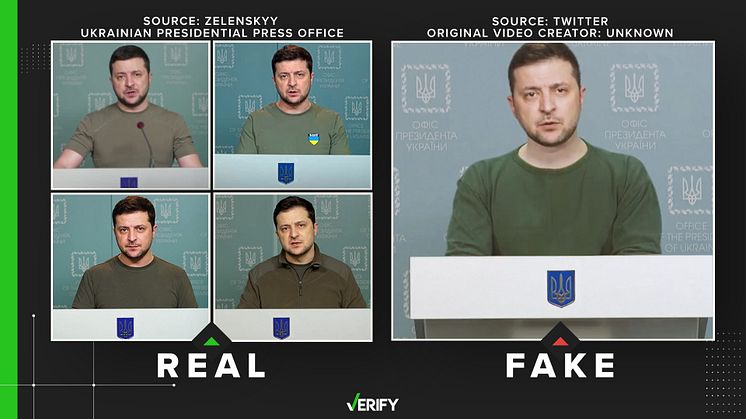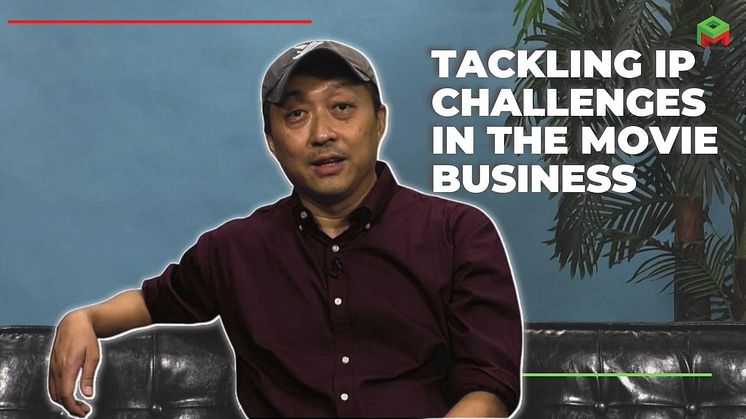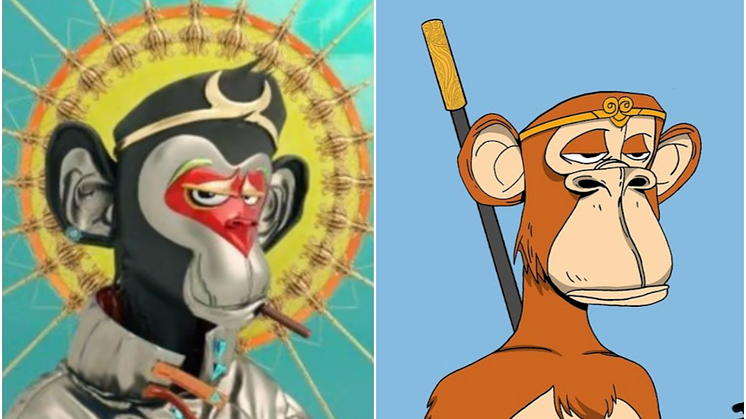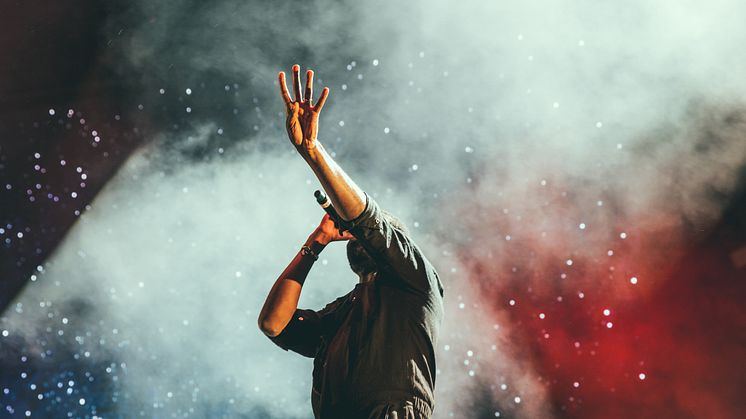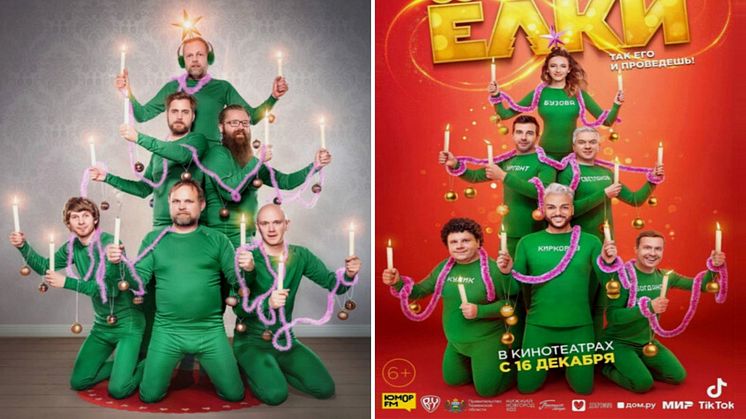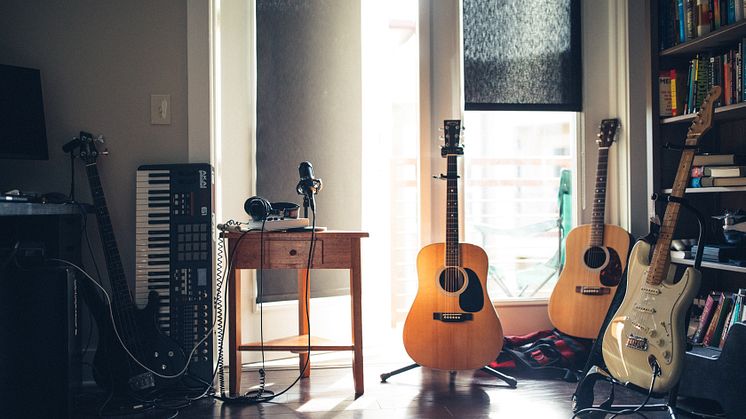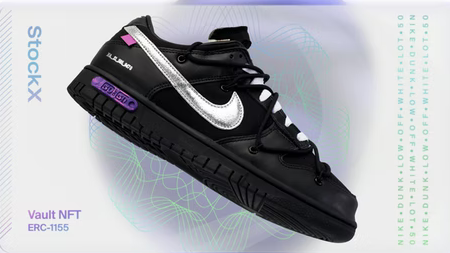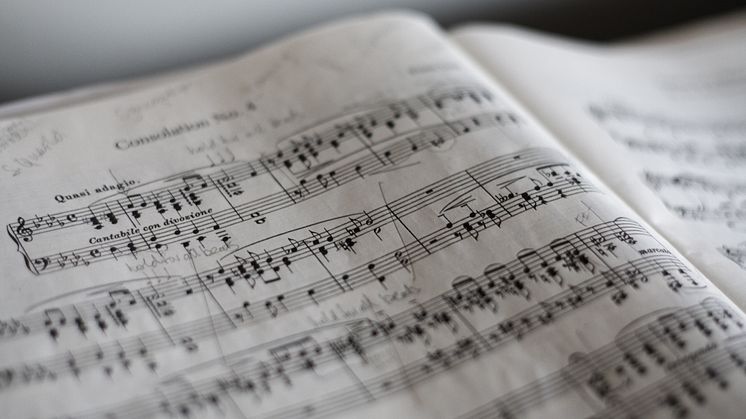Deepfake of Ukraine’s Zelenskyy shows that IP laws governing such tech is urgently needed
Recently, a video featuring a deepfake version of Ukrainian president Volodymyr Zelenskyy appeared on social media, asking his troops to surrender in the ongoing war with Russia.
The video was quickly identified as a fake, partly due to its poor quality. Zelenskyy also swiftly posted a video of himself exposing the deepfake, and Facebook, YouTube and Twitter announced they had removed the vide
